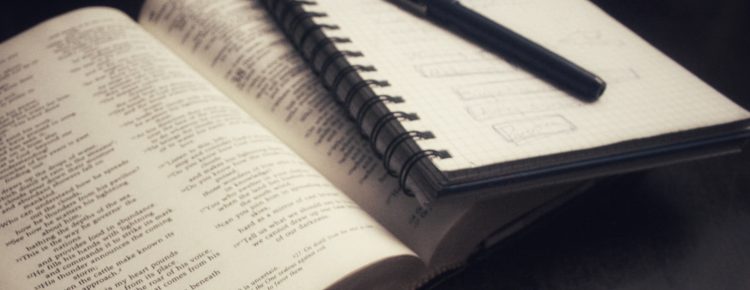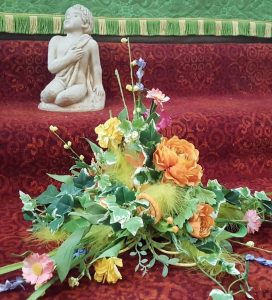‘They shall beat their swords into ploughshares
and their spears into pruning-hooks;
nation shall not lift up sword against nation,
neither shall they learn war any more.’
These words from of the prophet Isaiah are also to be found outside the United Nations Building- alongside a powerful statue of a Blacksmith who is in the process of beating a sword into a ploughshare. A similar statue in Washington DC, also accompanied by these words, is a huge ploughshare made from thousands of disabled handguns confiscated by the local police department. These are words and images that express our deepest hopes and desires for the world – maybe the sort of world we want to leave for our children and grandchildren.
Isaiah saw this world of peace as being the world which God wants: the way of peace, Isaiah reminds us, is God’s way – he will teach us his ways so we may walk in his paths. According to Isaiah, instruction in this way of peace will come from Zion – this is where we will learn the way of peace. In his vision he saw nations of people streaming up the hill of mount Zion to learn the way of peace from the Lord God.
It may be that we in everyday Knuzden – which is also a hilly sort of place – have a special link with this passage, because near to that statue outside the United Nations is another statue called ‘Reconciliation’ which is by Josefina de Vasconcelos, the sculptor who gave St. Oswald’s church two of her sculptures to be our very own statues. Maybe these two statues provide us with some further clues about our place in God’s great plan for making peace?
The ‘Silent Night’ sculpture near the pulpit captures the moment in Mary’s life after the birth of her Jesus and after the departure of the Shepherds – she is lost in reflection, looking at the sky with a deep sense of awe and wonder and peace. Maybe she is whispering a prayer in her heart – who knows. We can each imagine our own story, but I think it is fairly clear that Mary is, somehow, reflecting on her situation in the light of eternity, with a deep sense of awe and wonder.
And then there is the statue of Samuel on the altar steps – young and full of life and saying ‘Who me? Are you serious God?’ or perhaps more familiarly, ‘ Is it I Lord’
These two pieces of art remind us of our place in the creation of that world of peace which Isaiah foresaw. By our prayers and reflection in the light of eternity, we can see things from a very different perspective – maybe we can learn to see things from God’s perspective.
A word of warning – if we spend all our time of prayer telling God what we think, or even what He should be thinking, then we will never gain an eternal perspective – in fact we’re more likely to become narrow minded. We have to listen and wonder, in order to learn God’s ways.
Young Samuel teaches us that we have to be volunteers in God’s peacemaking. If we hear the call for peace, we have to be the ones who do something about it. What we do might only seem small, but to do a small thing that leads to peace is better than doing a small thing that leads to conflict. The actions of many people make up the behaviour of our society and world – so our choice for peace or for violence is of eternal significance. Even Isaiah recognised this – one person beating their sword into an ploughshare is not going to bring world peace – but it everyone does it then the world will undoubtedly become more peaceful.
Walking God’s way of peace has never been easy. It wasn’t easy for Isaiah – there were plenty of ‘yes buts’ even then. The thing is, it has never been convenient to swim against the tide and live a life of reconciliation and peace. It has always been easier to ignore hostility, to live by our own prejudices, to avoid being changed ourselves because of our fears and mistrust of others. But the aggression and selfishness we see so much at large in the world today, I feel sure, is acquired behaviour – it is to do with how children and young people are brought up at home, the values that are handed to them, the morals which they are taught.
So as we prepare to celebrate Christ’s incarnation as Christmas approaches; as we prepare for Christ’s second coming when all the world will be judged; and as we dwell on Christ’s birth among us day by day, let us remember that how we bring up our children, and the influence we have on our grandchildren is hugely important. But so is how we behave towards other people – to be open, friendly, welcoming, generous, concerned, or even just plain old fashioned good – this is how we walk the way of Christ amidst a world of conflict. It is, in fact, one way of beating our own swords into ploughshares.
Amen
Rev’d Dr. Anne Morris
Vicar St. Oswald’s, Knuzden, Blackburn



